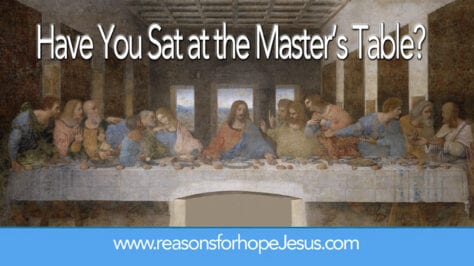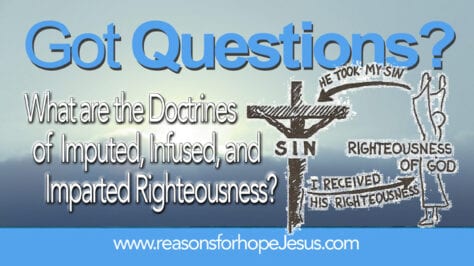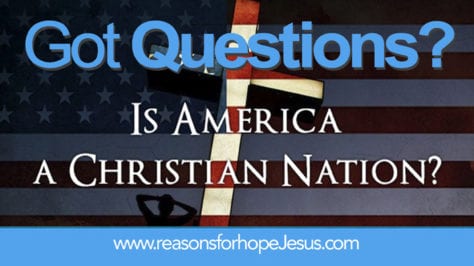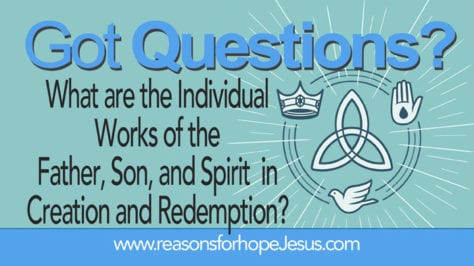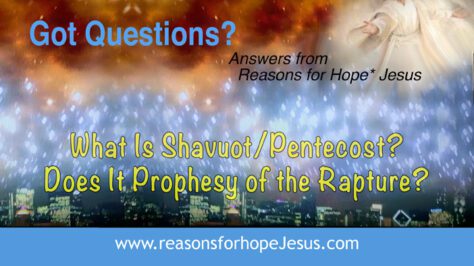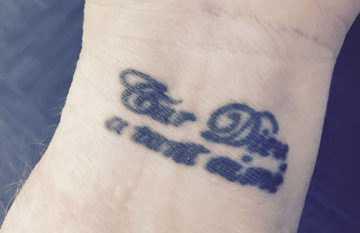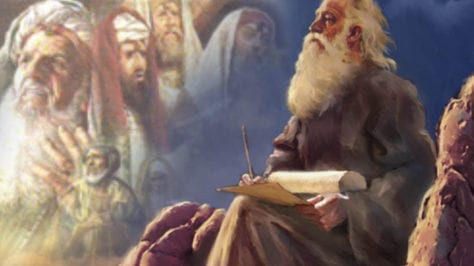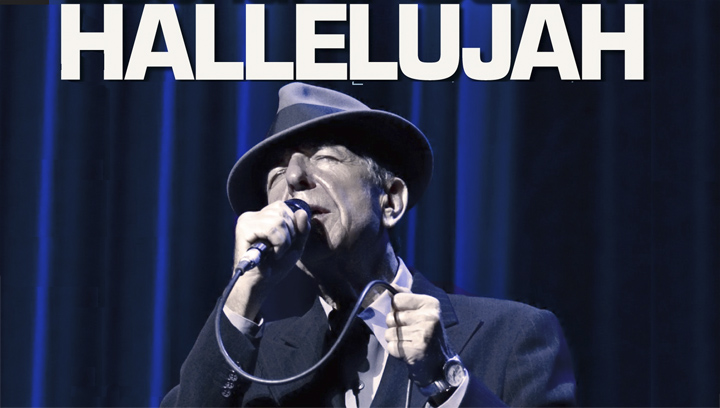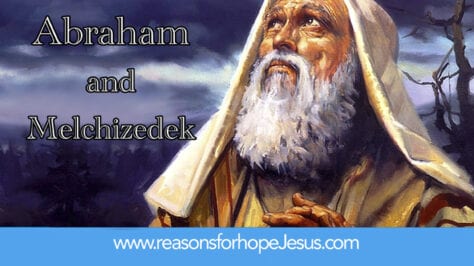
We’re looking at the life and faith of Abraham. In case you missed earlier lessons, there’s a listing of them at the end of this lesson.
Abram and Melchizedek
In our last study (Abraham and the Battle of Siddim), we read about Abram defeating the four king confederacy that had just sacked Sodom and Gomorrah. Recall that these four kings, led by Chedorlaomer of Elam (Persia/Iran), had crushed Sodom and Gomorrah, seized all of the cities’ possessions, and taken all of the able bodied people as captives/slaves. Among the people taken captive were Lot and his entire household. So Abram set out to rescue Lot. And though hopelessly outnumbered, he routed the four kings, liberated all of the captives (including Lot), and returned all of the possessions that had been taken from them.
After that, Abram met with the five other kings that he had just avenged. The normal rules of warfare dictated that Abram was entitled to keep all of the spoils (possessions), but Abram knew his victory was God’s doing, not his own. Therefore, He reasoned that he would display his understanding of this being God’s triumph by refusing to take any of the spoils (i.e., none of the due credit).
As Abram was returning from his huge victory, the grateful king of Sodom rushed out to meet him in order to express his gratitude. When the king of Sodom arrived, he found that another king, Melchizedek, the King of Salem, was already with Abram.
Melchizedek, the King of Salem
The name “Melchizedek” means “King of Righteousness” and his royal title, the King of Salem, means “King of Peace.” We are told that Melchizedek was not simply a king, but also a priest of “God Most High.” In addition, when Melchizedek met Abram, he made an offering of bread and wine. These small details are important “whispers” that God has given. And through those whispers, we can understand the significance of this unique priest-king.
- Melchizedek, the King of both Righteousness and Peace: These are titles that are henceforth given ONLY to Jesus Christ, especially at His Second Coming when He is will bring peace and reign in righteousness.
- Melchizedek is not just a King but also a Priest: A priest is an intermediary between man and God (in any religion). A priest’s work is to explain to man what the gods want and, in turn, to make offerings to the god on man’s behalf. This priest of the God Most High made offerings (Gen 14:20).
- The earthly priests of the God Most High were from the line of Levi. That was not true of this priest (Heb 7:3).
- Melchizadek communed with Abram, blessing him and offering bread and wine to him (Gen 14:18).
- Melchizedek thanked God for delivering Abram’s enemies into his hand and Abram paid tithes to Melizeded (Gen 14:20).
Bread and Wine
At His last supper with His disciples, Jesus symbolized His redemptive work in which He would soon offer Himself as payment for man’s sin debt. He did this by offering his disciples bread and wine. He told them that the bread was a symbol of His body, broken for man, and the wine a symbol of His blood, poured out for man. Melchizedek offering of bread and wine to Abram prefigured that of Jesus’ offering of the same to His disciples — both clearly symbolizing a blood atonement for payement of man’s sins.
Melchizedek in the Book of Psalms
Interestingly, nothing is written about Melchizedek, after this appearance to Abram, for 900 years. Then, King David wrote about Melchizedek, saying the coming Messiah would be a “priest forever after the order of Melchizedek.” (Psalm 110:4) So while Jesus is a King by virture of His ancestral lineage (His mother Mary and earthly father Joseph), His priesthood is not Levitical. It is of the order of Melchizedek.
Melchizedek in the Book of Hebrews
The only other mention of Melchizedek comes another 1000 years later by the writer of the Book of Hebrews.
Hebrews was written about 20-25 years after Jesus died on the cross and rose from the grave. It was written to Jews who had come to understand and believe that Jesus was their Messiah and that they (as a people) had crucified Him. These early Jewish Christians were expecting Christ to return in their lifetime to reign as King of the Jews. However, as time passed some began to return to traditional Jewish beliefs and practices. Therefore, Hebrews was written to instruct them that:
- the New Covenant is superior to the Old Covenant
- Jesus Christ is superior to Moses, the Prophets, the angels, and
- Jesus’ Priesthood is superior to the animal sacrifices of Jewish priests.
In this context, the writer of Hebrews wrote that Jesus is “a priest forever after the order of Melchizedek” (Heb 5:6) and “called of God a high priest after the order of Melchisedec” (Heb 5:10).
Melchizedek — A Picture of Christ
Melchizedek serves as a type or foreshadowing of Jesus Christ — the King and Priest of Righteousness and Peace. Abram surely understood Melchizedek’s high standing, as demonstrated by his giving a tithe (a tenth) of all that he possessed as tribute (Gen 14:20).
King of Sodom
Gen 14:21 to the end of the chapter returns the focus to Abram. The king of Sodom came to thank Abram for saving his city and people. As a gesture of appreciation and awe, the King of Sodom told Abram that he could keep for himself ALL of their possessions. But Abram refused, citing that it was the LORD, the most high God, who had won the victory. Therefore, he wanted nothing that might take any of the glory, for only God deserved it.
Moreover, Abram wisely said that he would not receive any wealth from any earthly kings so he would not be in debt to any man. How was Abram able to make such a decision? Perhaps, because his encounter with Melchizedek had so profoundly contrasted the King of Righteousness, a priest of the Most High God, with all earthly kings, especially the king of Sodom. By faith, Abram’s allegiance was to his God. And Abram would not have the king of Sodom claiming that he had made him rich (Gen 14:23). Abram’s communion with Melchizedek reminded him that his riches came from his God.
Further note that Abram spoke only for himself, asking that the men who went with him be allowed to take their portion (Gen 14:24). By doing this, Abram showed that this was a personal decision. All of this shows that Abram was increasingly being called out and separated from worldly things. Abram was increasingly becoming holy, choosing by faith to follow God.
Conclusion
Evidently, Abram learned great lessons in Egypt very well. And his communion with Melchizedek further strengthened his faith. Now, having demonstrated complete faith in God, Abram gave all the glory to God. The underlying lesson is: When Abram was in Egypt, with opportunities to trust God completely and let his faith in God be a witness to Pharaoh, he failed. As a result, Pharaoh drove Abram out of Egypt. But now, having seen the contrast between the King of Righteousness and the King of Sodom (a sinful place), Abram acted in faith. And he was a tremendous witness to the kings of the earth that they might “see” the Most High God.
+++
The Life and Faith of Abraham
- Timeline of the Life of Abraham
- A Story of Relationship
- From Haran to Canaan
- Abraham and Lot
- The Battle of Siddim
- Abraham and Melchizedek
- Righteousness Through Faith
- Cutting the Covenant
- Hagar and Ishmael
- A New Name for A New Man
- Circumcision: the Sign of the Covenant Read also: Why Circumcision?
- Sarah — A New Name for a New Woman
- The Lord Appeared to Abraham at The Oaks of Mamre
- Abraham Pleaded for Mercy for Sodom and Gomorrah
- The Rescue of Lot Out of Sodom
- Lot and His Daughters
- The Birth of Isaac, the Son of the Promise
- The Akedah: God’s Testing of Abraham’s Faith and Obedience
- ISAAC: A Whisper of Jesus in Genesis 22
- The Death of Sarah and A Bride for Isaac
- Jacob and Esau - Great Life Lessons + the Pattern of the Second Born
- Isaac’s Blessing on Jacob: Genesis 27
- Jacob’s Ladder and His Wrestling Match — Genesis 27, 32
*******
Jesus is the Reason this Ministry Exists
At Reasons for Hope* Jesus, we are committed to equipping, encouraging, and empowering Christians to know Jesus better, love Him more, and share their faith. We also reach the lost through our Salvation Page.
With your support, we can continue to provide valuable resources and engaging content. Please join us in our mission by donating today. Your generous contribution helps us expand our outreach of sharing biblical truths and hope in Jesus. Thank you for your kindness and for being an integral part of our mission.
*******
*******
***A Hidden Message in Psalm 23?***
Hidden in the six verses of Psalm 23 are 11 names for Jesus. When you subscribe to our newsletter, we’ll send you The Names of God in Psalm 23 PDF that reveals all 11 names and Scripture verses of comfort and hope (link will be sent in your confirmation email).
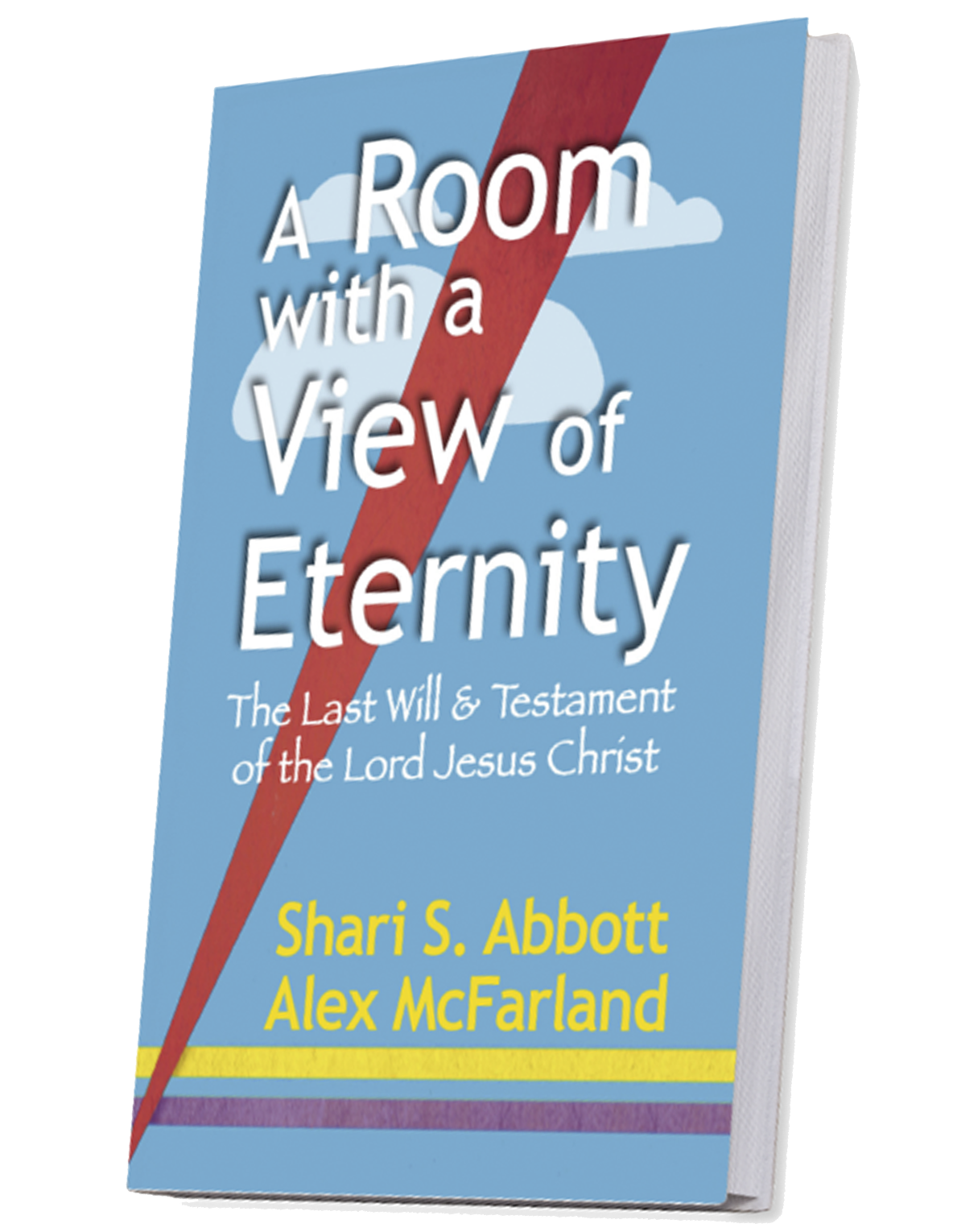 A Room with a View of Eternity—The Last Will & Testament of Jesus Christ Take a seat at the Master's table. Learn about the riches He gives to all who are His. This book will bless and encourage you, give you hope, and help you live in the joy of your salvation and the riches of Christ that are yours.
A Room with a View of Eternity—The Last Will & Testament of Jesus Christ Take a seat at the Master's table. Learn about the riches He gives to all who are His. This book will bless and encourage you, give you hope, and help you live in the joy of your salvation and the riches of Christ that are yours.

The Top Ten Got Questions? in 2023
- The Meaning of NUMBERS in the Bible?
- Was Jesus CRUCIFIED on Wednesday, Thursday, or Friday?
- How was Jesus Like a Worm? What’s the CRIMSON (OR SCARLET) WORM in Psalm 22?
- How are the Shepherd’s ROD and STAFF Different?
- How long did JOB SUFFER?
- What is the Significance of the Wise Men's THREE GIFTS? And were they kings?
- Did The Wise Men Arrive 12 DAYS AFTER JESUS’ BIRTH? Or Was It Much Later?
- Jesus’ Last Days TIMELINE: the Cross and the Resurrection
- The Meaning of COLORS in the Bible?
- Did Jesus Fight Satan to Take Back the KEYS of Death and Hell?
There is much to be learned from those who have gone before us in the faith. Check out our Cloud of Witnesses category that features the words of departed saints who are now with the Lord in glory. Their words equip and encourage us even to this day. Take a few minutes to hear...
- ONLY ONE LIFE, Twill Soon Be Past – by C.T. Studd (1860 – 1931)
- “The Love of God is Greater Far” by Frederick M. Lehman (1917)
- Prayers from Billy Graham
- Who Was Robert Robinson? What’s the Story Behind “Come Thou Fount”
- “Immanuel” — A Poem by Charles Spurgeon (1834-1892)
- Who Am I? A Poem by Deitrich Bonhoeffer (1905-1945)
- Understanding the Everlasting Arms of God, by J.R. Miller (1840–1912)
- 24 Reasons Why I Love America, by John Wayne (1907-1979)
- Give Me Perpetual Broken-heartedness (from The Valley of Vision)
- Abide with Me, by James Smith, 1859
This remains one of our most popular pages viewed.![]()

TOP TEN Videos from Reasons for Hope* Jesus
- Memorial Day BAGPIPES TRIBUTE: Amazing Grace
- RISE AND SHINE and Give God the Glory, Glory!
- WERE YOU THERE When They Crucified My Lord?
- PAUL HARVEY: THE BIRDCAGE
- PRESIDENT RONALD REAGAN: A SOLDIER'S PLEDGE
- Hark! the Herald Angels Sing -- CHARLIE BROWN Christmas
- JOHN WAYNE ~ WHY I LOVE AMERICA
- Jimmy Stewart - Nativity Scene Prayer: Mr. Krueger's Christmas
- THE LEGEND OF THE CANDY CANE - A Christmas Story to Share
- Not by Might, Not by Power, But BY MY SPIRIT says the Lord (Zechariah 4:6)
*****************







